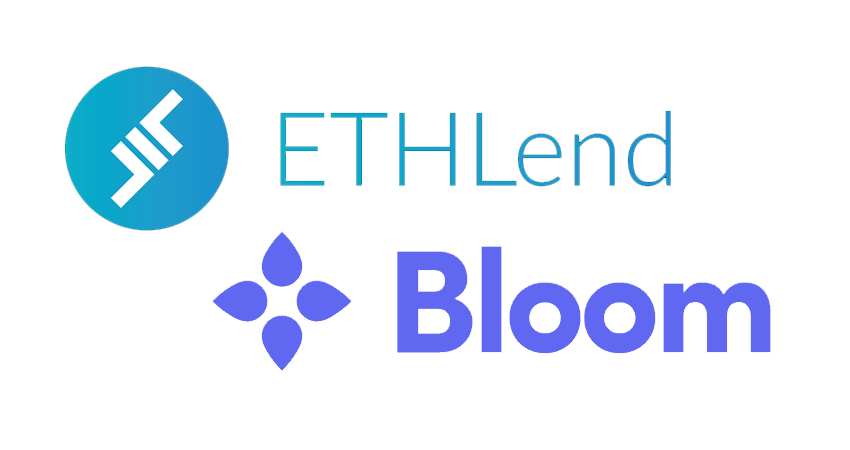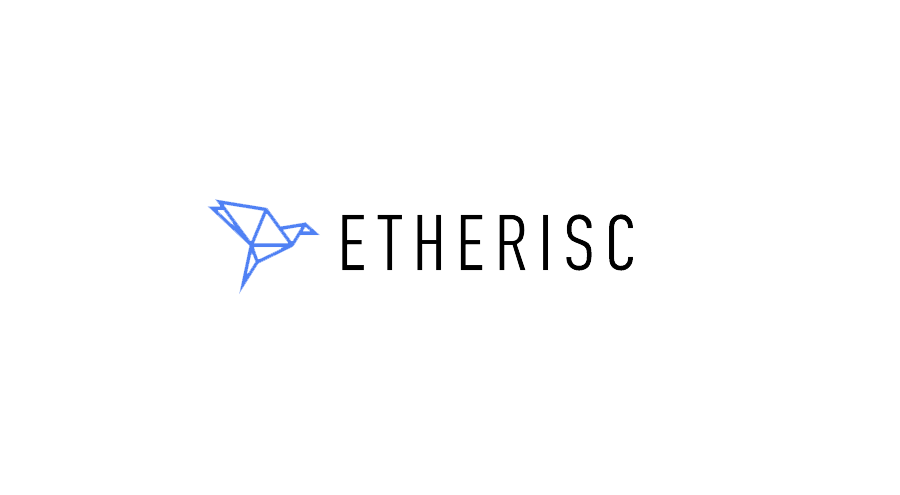ETHLend, the Ethereum blockchain-based lending platform has announced it will partner with Bloom, an end-to-end protocol for identity attestation, risk assessment and credit scoring, entirely on the blockchain. Decentralized lending with the use of decentralized, global credit scoring will change the way financing is done today. In early May 2017, ETHLend introduced its decentralized lending application on the Ethereum blockchain network.
The value of decentralized lending is that with one single loan request, the borrower can receive competitive financing (through bidding) from all parts of the world. Therefore, the borrower is not limited to local lenders. Decentralized lending as such is available for the use of collateral such as ERC-20 compatible digital tokens or Ethereum Name Service (ENS) domains. By using these assets, a borrower can seek to finance. Secured lending is amazing when you have a digital token portfolio or ENS domain, where you can put your assets to work by unlocking more funds.
However, what if you do not have such assets and you still have a financing need? Here comes Bloom. Bloom is a protocol to broadcast the borrower’s credit rating on the blockchain. With the use of Bloom, a borrower at ETHLend can use credit scores that the person has gained based on their on-chain and off-chain credit-related activities. By using Bloom, there is more trust in the decentralized lending market since the pseudo-anonymous credit scoring, which is based on previous lending history on ETHLend has been replaced alternatively, with the use of federated identities and global credit scoring.
Reporting defaults to credit scores
For lenders, the partnership with Bloom is more than good news. Bloom is bringing federated identities, a decentralized historical payment registry, and credit scoring to the blockchain. For example, defaulted ETHLend loans will now be captured in the Bloom Network. Such a function would provide a real-life scenario for upholding the loan agreement and keeping on the repayment schedule. Reporting defaults will provide an incentive for the borrowers to repay loans and hence create more confidence for the ETHLend reputation based lending market.
Lowering the costs of finance
Lower default rates bring more certainty to the decentralized lending market. When lenders have better tools to assess the credit risk, a lending request with unsound foundations can be avoided. When there are fewer unhealthy loans on the market, the default rates might become lower. Since the costs of finance are subject to the risk that the lenders take, less risk would mean lower costs of finance. Moreover, for secured lending where the loan is secured with the use of digital tokens (ERC-20) or ENS domains, using Bloom might result in lower collateral requirements. Lenders might be interested even to fund loans, where the collateral is less than 100% of the loan amount. The combination of collateral and Bloom would be an edge for securing the repayment of loans in ETHLend.






















